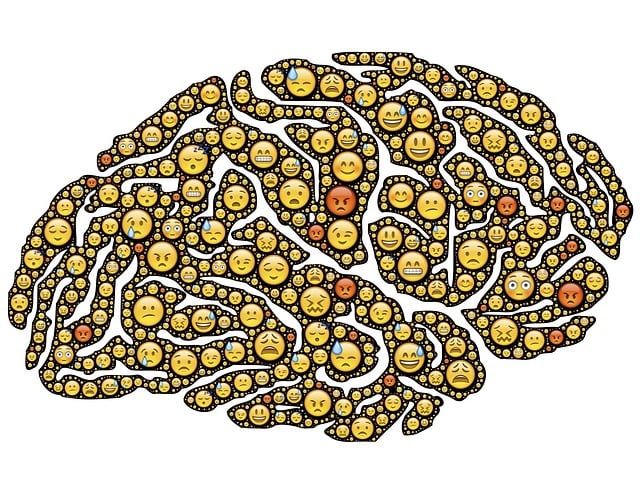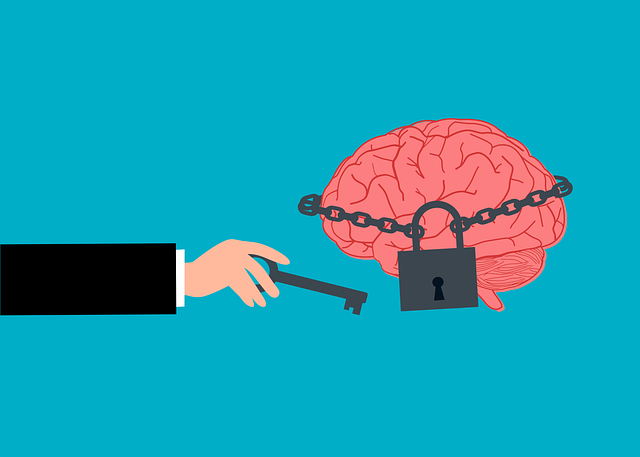Westminster Anxiety Therapy focuses on the intimate connection between social skills development and improved mental well-being, especially for those with anxiety disorders or trauma. They provide specialized training, guided by expert therapists, to build confidence in interpersonal interactions. Through evidence-based practices, personalized sessions, and accessible resources like their podcast series, they empower clients to manage anxiety, overcome social barriers, and foster meaningful connections. This holistic approach not only breaks isolation cycles but also significantly improves mental health outcomes, emphasizing the crucial role of social skills in mental wellness.
Social skills training is a powerful tool in managing mental health conditions, especially anxiety. Understanding the connection between social interaction and mental well-being is key to improving overall health. This article explores how Westminster Anxiety Therapy offers specialized programs to enhance social skills, providing practical strategies for individuals seeking to overcome challenges in their daily interactions. By addressing these skills, one can significantly improve their quality of life and build stronger connections.
- Understanding the Link Between Social Skills and Mental Health
- The Role of Westminster Anxiety Therapy in Social Skills Training
- Practical Strategies for Developing and Enhancing Social Skills
Understanding the Link Between Social Skills and Mental Health

In the realm of mental health support, Westminster Anxiety Therapy recognizes the profound impact that social skills can have on an individual’s overall well-being. The connection between these two aspects is a crucial one; effective social skills training can be a game-changer for those navigating anxiety disorders or other mental health conditions. By understanding and cultivating healthy interpersonal interactions, individuals can enhance their coping skills development and mood management strategies.
This approach becomes especially relevant when addressing the challenges posed by trauma support services. Many people struggling with trauma often experience difficulties in social situations, which can further isolate them and exacerbate existing mental health issues. Social skills training provides a means to break these cycles by teaching individuals how to interact, communicate, and connect with others in a meaningful way. This not only fosters a sense of belonging but also equips them with the tools to manage their symptoms, build resilience, and improve overall mental health outcomes.
The Role of Westminster Anxiety Therapy in Social Skills Training

Westminster Anxiety Therapy is a leading provider of specialized social skills training tailored to individuals navigating mental health conditions. Their expert therapists employ evidence-based practices to help clients build confidence and improve interpersonal interactions, addressing the often-overlooked social dimension of mental wellness. Through personalized sessions, they offer strategies for managing anxiety, overcoming social barriers, and fostering meaningful connections in various settings, ultimately contributing to enhanced overall mental health and well-being.
Incorporating insights from Mental Health Policy Analysis and Advocacy, Westminster Anxiety Therapy ensures their training aligns with the latest research and real-world applications. They also produce a Mental Wellness Podcast Series, offering accessible resources for those seeking additional support outside of traditional therapy sessions. This multifaceted approach underscores their commitment to comprehensive mental health care, aiming not only to treat symptoms but also to empower individuals to thrive in social environments, thereby promoting Depression Prevention.
Practical Strategies for Developing and Enhancing Social Skills

Developing social skills is a valuable aspect of managing mental health conditions, and practical strategies can make this process accessible to everyone. At Westminster Anxiety Therapy, we believe that fostering healthy interactions is crucial for improving overall well-being. One effective approach is to start with small, manageable steps. Encourage individuals to initiate conversations by choosing a topic they’re passionate about or expressing genuine interest in their peers’ lives. Role-playing scenarios can also be beneficial, allowing them to practice responding to different social cues and situations comfortably.
Emotional Intelligence plays a significant role in enhancing these skills; teaching individuals to recognize and manage their emotions enables better understanding of others. Incorporating activities that promote active listening, such as engaging in meaningful conversations and practicing empathy, can significantly improve social interactions. Additionally, the Mental Wellness Podcast Series Production can offer creative outlets for those who struggle with self-expression, providing a platform to share experiences and connect with like-minded individuals on a deeper level.
Social skills training, as highlighted by Westminster Anxiety Therapy, is a powerful tool in managing mental health conditions. By understanding the connection between social abilities and psychological well-being, individuals can gain valuable coping mechanisms through tailored therapy sessions. The practical strategies outlined in this article offer hope for those seeking to improve their interactions and overall mental health. Embracing these techniques can lead to enhanced social connections and a better quality of life.










